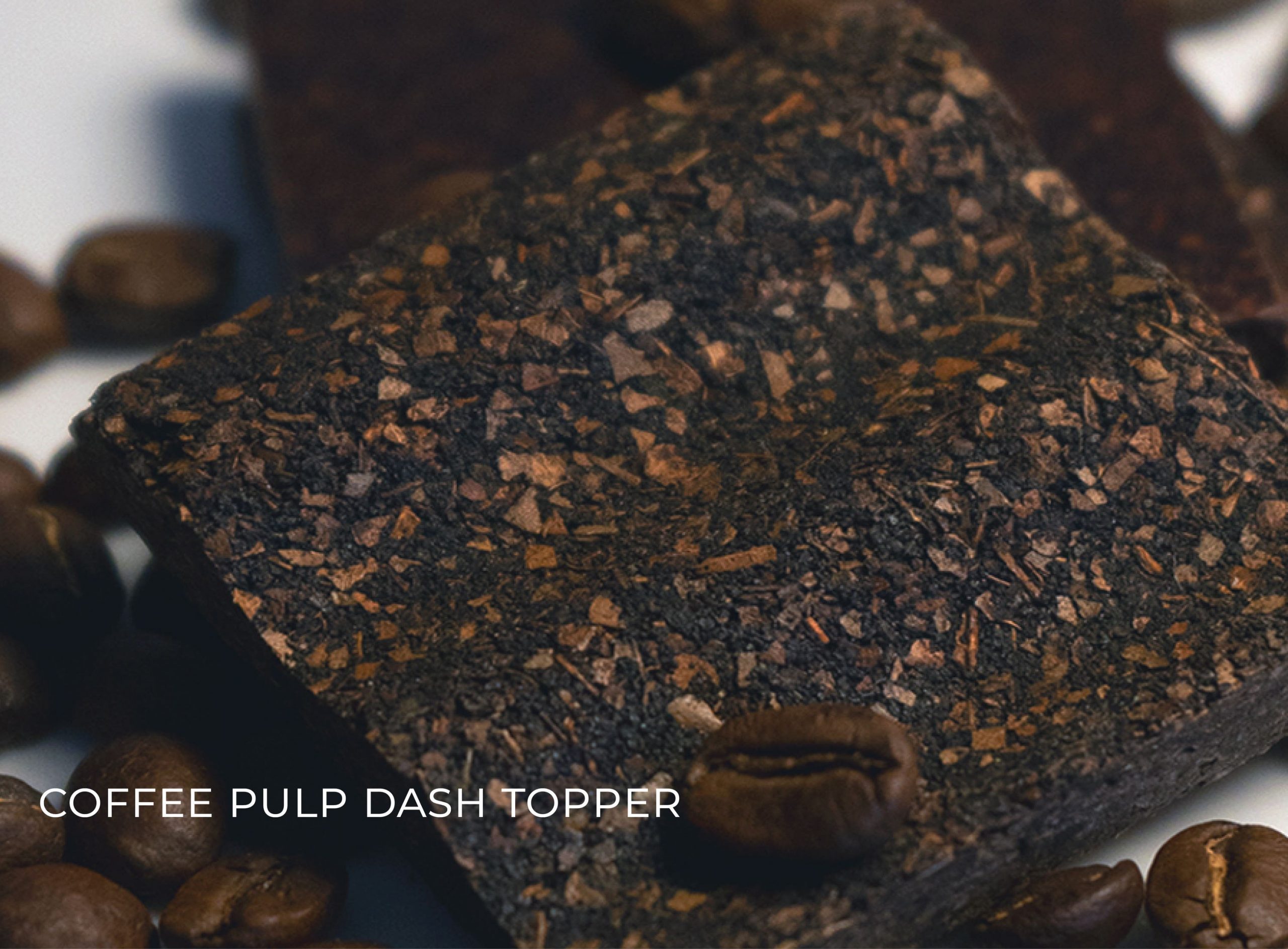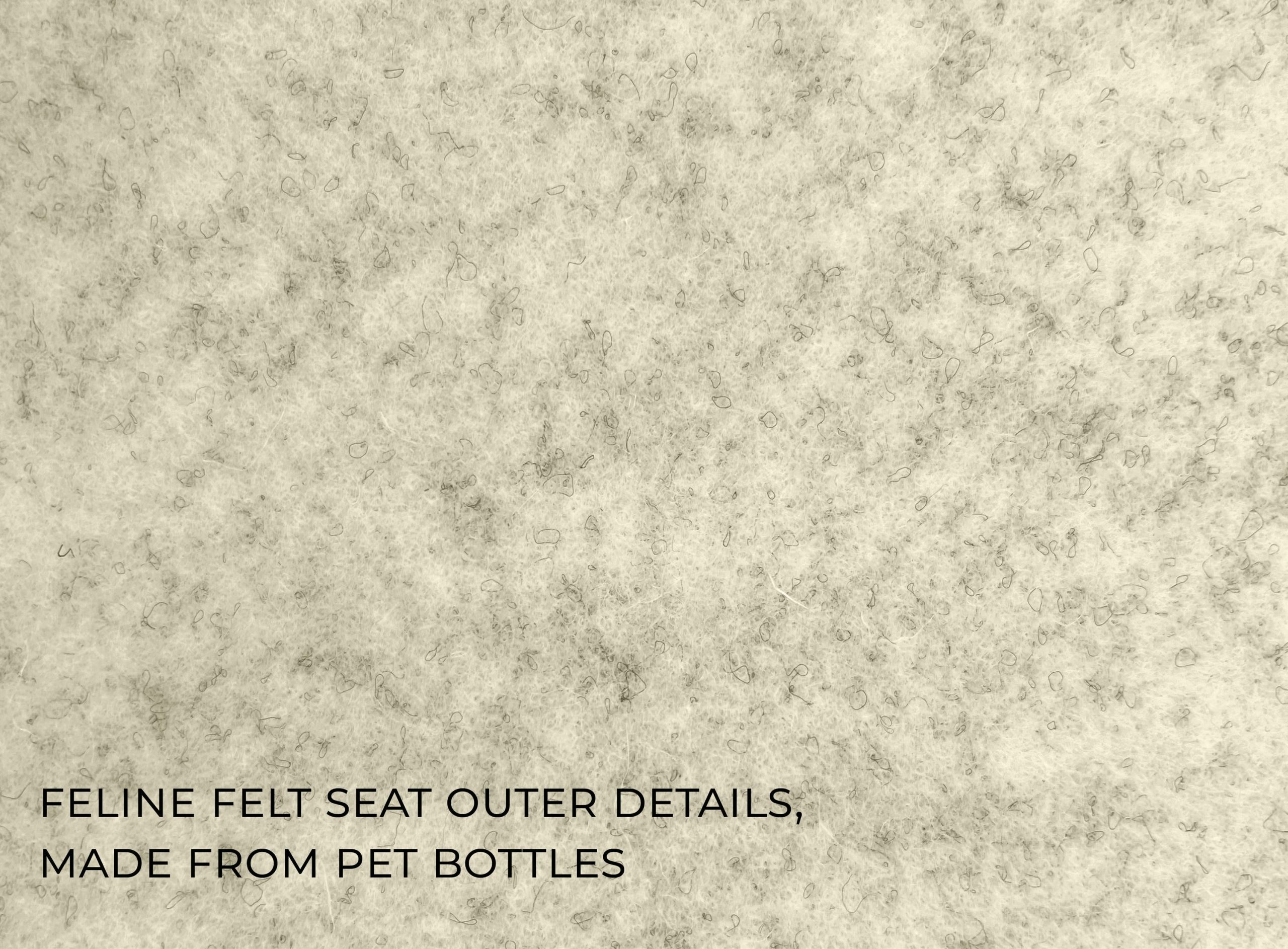A new study has been looking into how car interiors could be made more eco-friendly with coffee, eggshells and rice all tipped to become part of vehicle production in the future.
Design and engineering firm Callum found several different foodstuffs that could be used to replace plastics on the inside of cars.
Experts mixed eggshells, walnut shells and resin to create a smooth material for areas such as the window switch surrounds.
Out-of-date lentils or rice were also be turned into a translucent material for illuminated sections like lamp covers or lit-up switches, and coffee pulp was used to replace traditional plastics used for decorative areas.
Elsewhere, purple carrot pulp was used to create a ‘mulberry-like’ colour for certain trim sections and tree leaves can be recycled into a smooth surface as an alternative to traditional wood finishes.

Ian Callum, Callum co-founder and design director, said: ‘More of our customers are starting to think about sustainable projects and put an emphasis on the circular economy.
‘With others, we might nudge them down that path, highlighting the business benefits of making a more sustainable choice.’
Many of the textiles used within Callum’s study came from ‘preloved’ materials that would otherwise head to landfill, while seat centres were made from Camira, which is a fabric made from marine plastic waste.

The study used a Porsche 911 test vehicle also incorporated Feline on the seat bolsters, which is a soft material made from PET bottles.
Overall, the car’s recycled content was raised to 84 per cent compared to the usual 78 per cent.
Car Dealer Live – the future of the car dealer – exclusive conference features talks from leading car dealers, Google and Auto Trader among much more. Find out the full event details and book tickets.

































